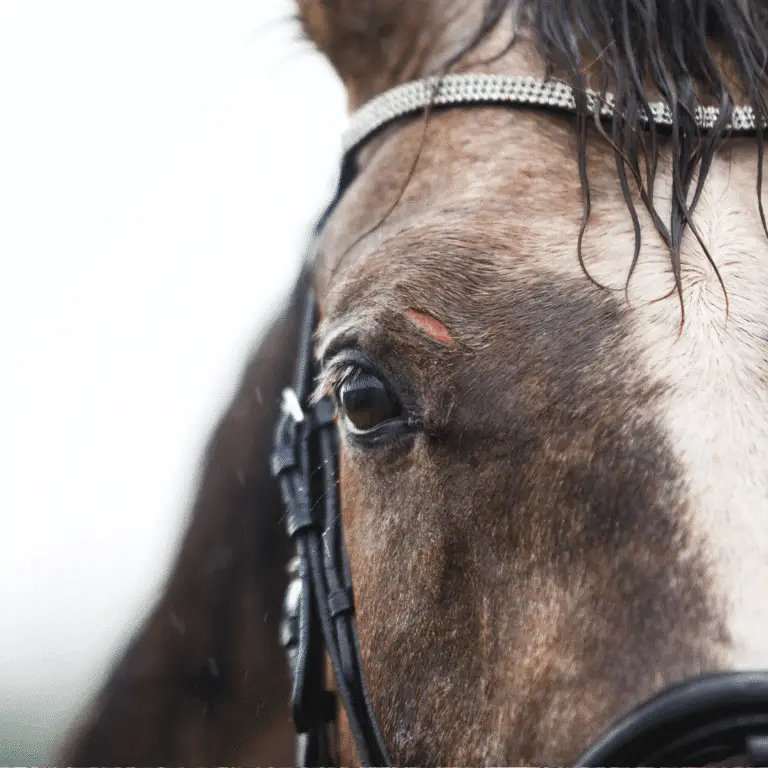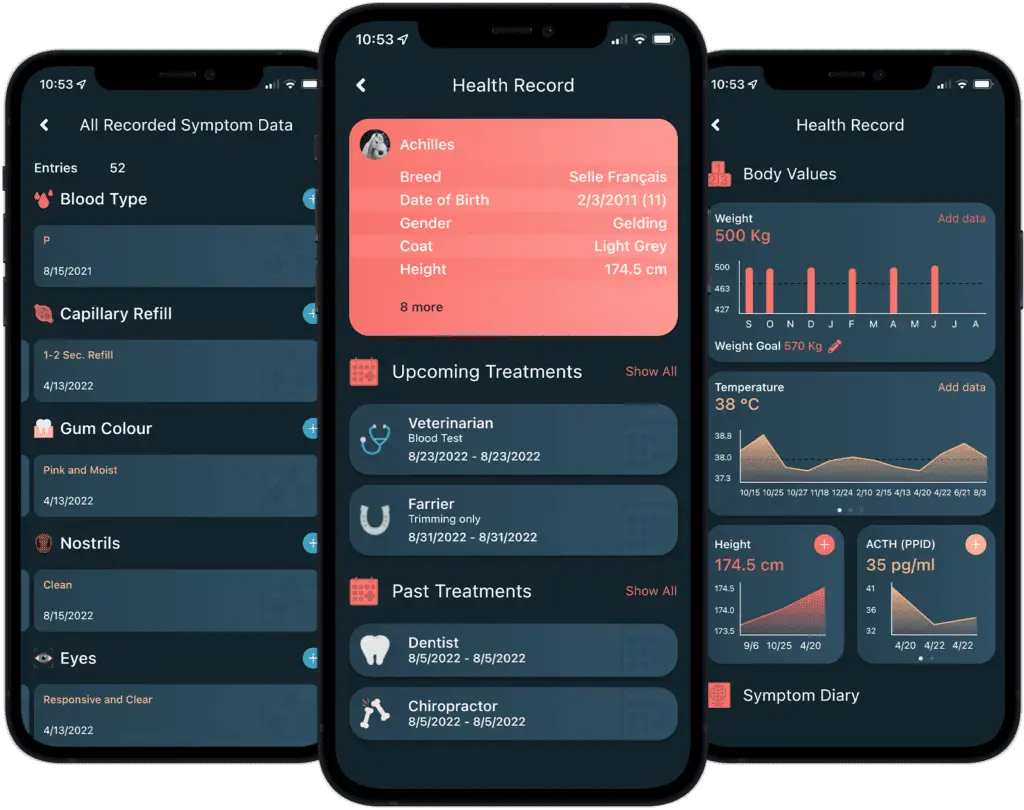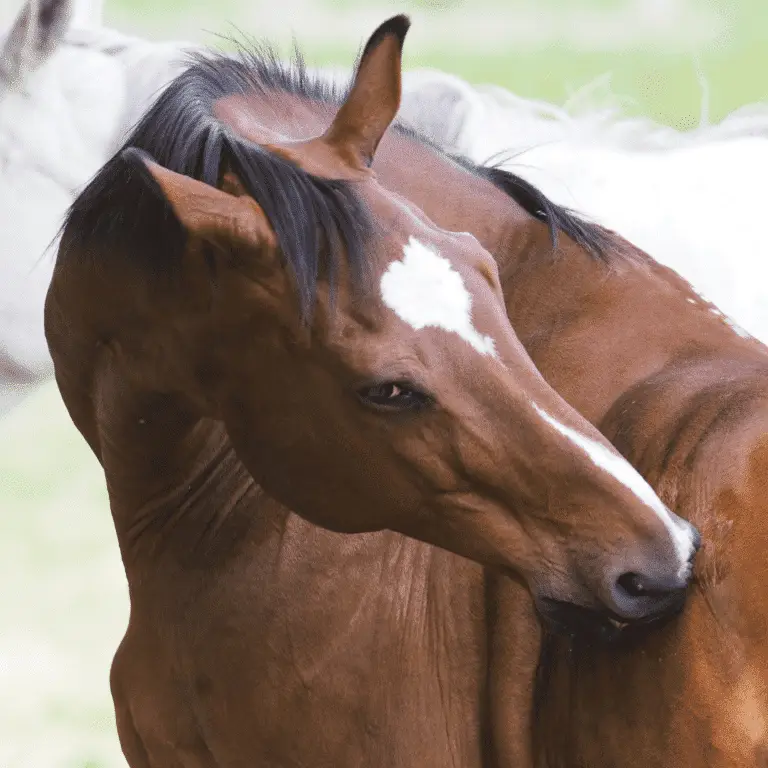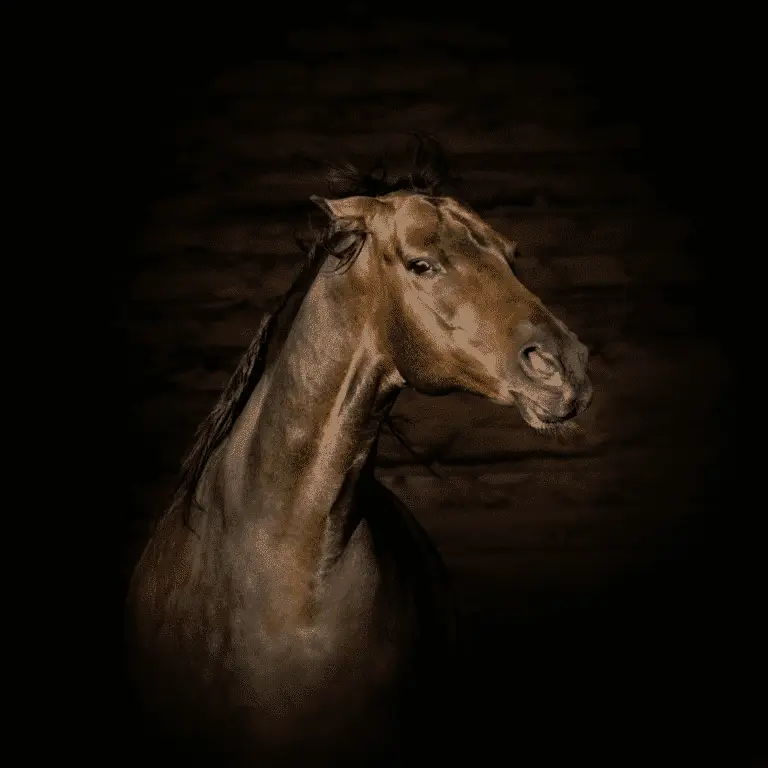
Tetanus (Lockjaw) in Horses
Tetanus (Lockjaw) in Horses This disease is life-threatening and should be treated by a veterinarian swiftly. Tetanus, commonly referred to

This disease is life-threatening and should be treated by a veterinarian swiftly.
West Nile Virus is a serious threat to horses with an estimated average case fatality rate of 30–40%.
West Nile Virus (WNV) is a mosquito-borne virus that can cause encephalitis (inflammation of the brain) or meningitis (inflammation of the lining of the brain and spinal cord) in horses.
Mosquitoes acquire the virus from infected birds and transmit it.
WNV cannot be spread directly from horse to horse.
A WNV infected mosquito is required in all cases.
WNV is at its lowest levels in early spring and builds in intensity as the summer season progresses.

Digital health management offers numerous benefits in modern equine healthcare.
With the Happie Horse App, you can track symptom patterns and body values, such as Temperature, Pulse and Respiration. Allowing you to notice abnormal changes in body and behaviour early on, leading to more successful treatments.
The Happie symptom checker allows you to add all of your horse’s abnormal symptoms in order to present potential causes and diseases.

Tetanus (Lockjaw) in Horses This disease is life-threatening and should be treated by a veterinarian swiftly. Tetanus, commonly referred to

Ringworm in Horses Seek veterinary advice before applying any treatment. Ringworm is a highly contagious fungal infection, which can not

Equine Rabies This disease is fatal and reportable, it cannot be cured or adequately treated and is expected to result